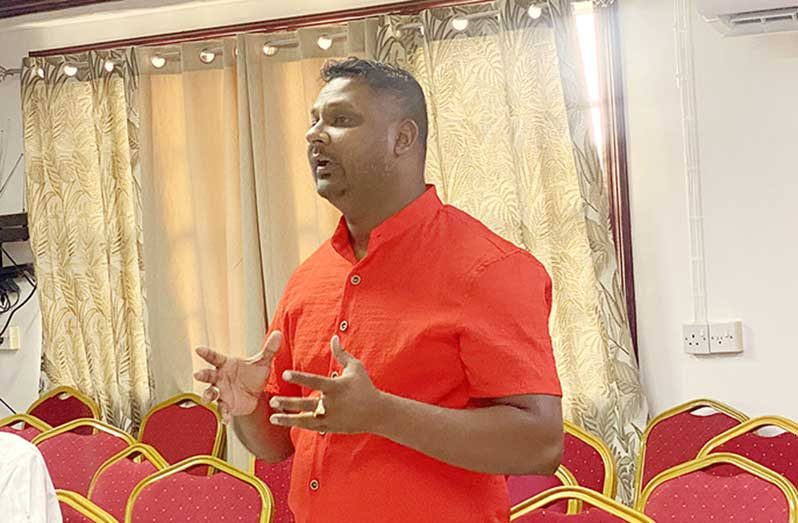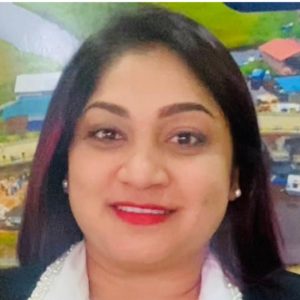REGIONAL Health Officer (RHO) of Region Two, Dr Ranjeev Singh, has announced that mammography services will be available at Suddie Public Hospital in Region Two within the next two weeks.
The announcement was made during the Regional Democratic Council’s (RDC) January statutory meeting.
Dr Singh emphasised that this initiative is part of the government’s ongoing efforts to enhance the healthcare infrastructure and modernise the health sector.
He noted that residents in Region Two will soon have direct access to mammography services, which is a significant step towards improving health outcomes for women.
In addition to infrastructureal improvements, the Ministry of Health is actively building human capacity by training individuals in fields such as nursing, pharmacy assistance, and other essential healthcare roles.
Recently, over 101 residents graduated from various training programmes held within the region. Dr Singh added that the completion of a multimillion-dollar training centre will create even more opportunities for young people to acquire valuable skills. Upon completing their training, these individuals will be employed at health facilities across the region.
Meanwhile, Dr Singh used the opportunity to highlight the Ministry of Health’s commitment to decentralising healthcare services in Region Two. As part of this effort, simple diagnostic tests such as Complete Blood Count (CBC) will soon be available in remote areas. To achieve this, residents of Amerindian communities are being trained as laboratory technicians and will return to their communities to provide essential medical services.
“This decentralisation will allow for earlier diagnosis and treatment,” Dr Singh said, adding that the introduction of telemedicine will also enable better access to specialised care for patients in remote locations.
Melrose Henry, government councillor and chairperson of the Hinterland Affairs Committee, commended Dr Singh and the Ministry of Health for their strides in improving the health sector.
She praised the ongoing training of hinterland residents, who are now returning to serve their communities and expressed her satisfaction with the progress being made.
With these advancements, Region Two is on track to provide more equitable and accessible healthcare services, bringing hope and better outcomes to the region’s residents.



.jpg)








